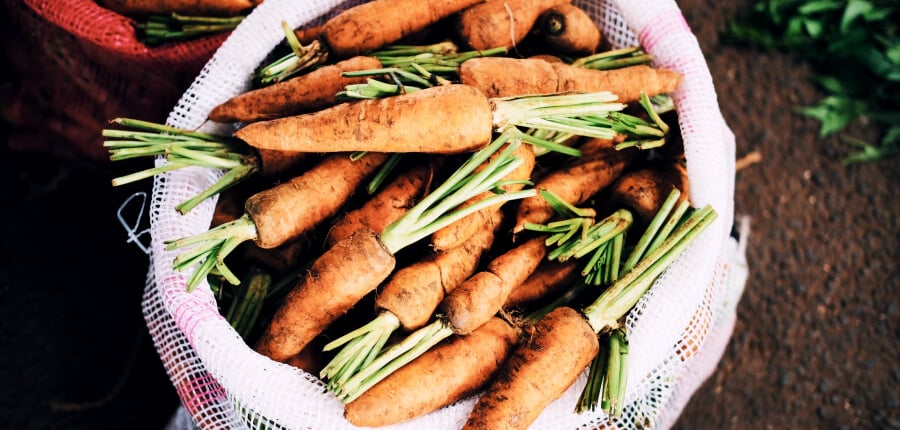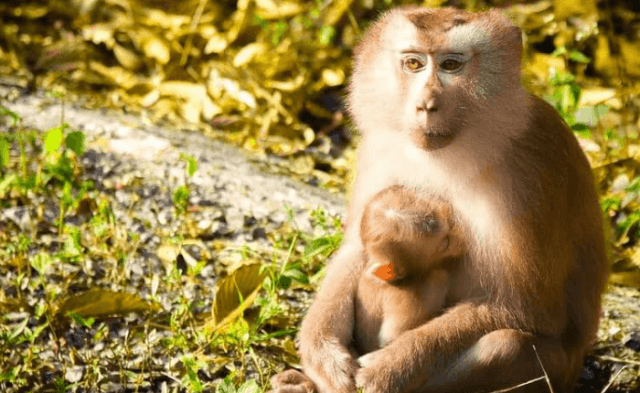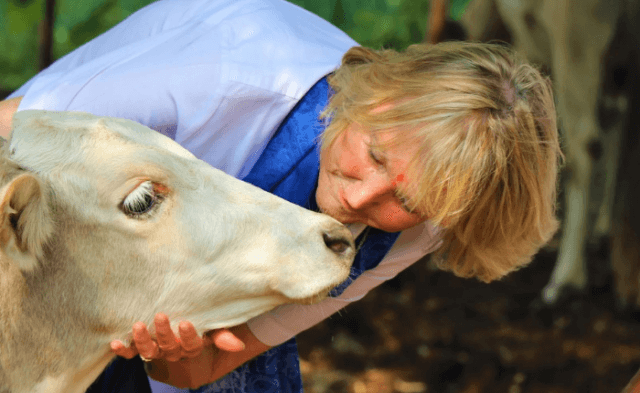World Environment Day (June 5), led by the United Nations Environment Programme, serves as a reminder: Our Earth is a living organism, and every one of us is a part of its body. But that body is burning up with fever.
The past four years have been the warmest on record, according to the National Oceanic and Atmospheric Administration. This warming is an alarming trend, and the United Nations’ Intergovernmental Panel on Climate Change warns that a global average temperature increase of more than 2.7°F would be catastrophic. Experts predict that with an increase of this magnitude, extreme weather events will become more frequent and have permanent consequences for the environment. But this diagnosis isn’t just for some future planetary ailment—we already see the symptoms everywhere.
Scientists have observed severe hurricanes linked to warming oceans over the past few decades. And recent research suggests that increased heat and aridity are the main reasons for the more extensive and powerful fires out West. These phenomena are linked to human-caused climate change. But that’s not all.
New record highs in greenhouse-gas concentrations, sea-level rise and ocean acidification indicate that we are causing disastrous changes on land, in the ocean and in the air, according to the World Meteorological Organization. This is bad news for all species.
What can we do? When we’re ill, we must take care of ourselves. Why not extend that same remedy to our planet? Raising animals in order to exploit or kill them for food is like drinking poison when we’re already in the ICU. Eliminating animal agriculture is “our best and most immediate chance to reverse the trajectory of climate change,” according to research published in the journal PLOS Climate.
Animal agriculture is the leading cause of water and air pollution, deforestation, and biodiversity loss. It dominates a whopping 83% of all farmland and generates more than half of farming’s greenhouse-gas emissions, according to a University of Oxford study. Precious ecosystems are ruined and replaced by animal farms, whose products deliver only 18% of our calories and 37% of our protein. This system is not sustainable or healthy.
The Earth has finite land, water and energy resources, and raising animals for food exhausts them. Approximately 70 billion animals are raised each year for human consumption, and nearly 16% of global fresh water and a third of the grain produced worldwide are used to support them. But eating plants directly—instead of diverting them through animals—would be an ethical, sustainable, healthy solution.
A model developed by scientists from Stanford University and the University of California–Berkeley shows that a worldwide shift away from animal-based foods in the next 15 years would have the same beneficial effect as a 68% reduction in carbon dioxide emissions through the year 2100. Other experts and studies have reached similar conclusions: A study published in Science, for example, shows that producing protein from soybeans in the form of tofu creates only 4% of the emissions that raising and killing cows for meat does. And growing protein-packed peas and nuts creates less than 1%.
Embracing vegan foods would eliminate animal agriculture’s soil degradation, deforestation and greenhouse-gas emissions. This would help to stop the climate catastrophe while securing our global food supply. But time is of the essence—we can’t let a sick planet get sicker. For the sake of the Earth, we must act now. Every human can have an immediate impact by ditching animal-derived foods and switching to healthy vegan options. There are plenty of delicious choices already on the market and more on the horizon. Plus, each of us can save the lives of nearly 200 animals every year simply by going vegan.
So this World Environment Day, and every day, let’s take care of ourselves by caring for planet Earth.
Rebecca Libauskas is a staff writer and climate research specialist for the PETA Foundation.





